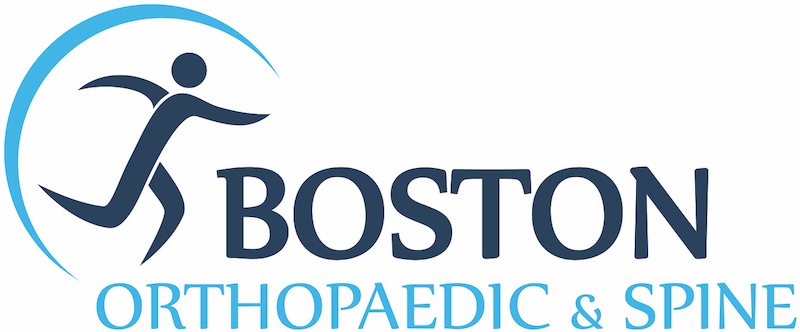Why Does My Neck Hurt?
Common Causes of Neck Pain and When to Seek Treatment
All blogs reviewed by Physicians for accuracy.
Ah, the pesky neck pain – that unwelcome guest that seems to arrive unannounced and overstays its welcome. If you’ve found yourself pondering the question: “Why does my neck hurt?” you’re certainly not alone. Neck pain is a common complaint that can range from a minor inconvenience to a major disruption in your daily life. In this blog post, we’ll dive into some of the most common causes of neck pain and help you understand when it’s time to seek treatment.
Poor Posture:
Let’s face it – we live in a world dominated by screens. Whether it’s hunching over your laptop, staring down at your smartphone or binge-watching your favorite show, our modern lifestyles can wreak havoc on our necks. Poor posture places undue stress on the muscles and joints in your neck, leading to discomfort and pain. Remember to keep your screen at eye level, practice good ergonomics, and take regular breaks to stretch and move around.
Muscle Strain:
Have you recently embarked on an ambitious home improvement project, spent hours gardening, or crammed in an intense workout? Overexertion and sudden movements can cause muscle strain in the neck. Even simple actions like turning your head abruptly or sleeping in an awkward position can strain your neck muscles. If your neck pain is accompanied by muscle tightness or stiffness, muscle strain might be the culprit.
Text Neck:
Yes, it’s a real thing. The constant act of looking down at your smartphone or tablet can lead to what’s affectionately termed “text neck.” This prolonged forward head posture puts strain on your neck and upper back muscles, often resulting in discomfort. To prevent text neck, try holding your devices at eye level and taking breaks to stretch your neck and upper body.
Herniated Discs:
Picture the discs in your spine as little shock absorbers. Sometimes, due to age, injury, or wear and tear, these discs can herniate – meaning they push out of their normal position and irritate nearby nerves. This can lead to neck pain, along with potential arm pain and numbness. If you suspect a herniated disc, it’s time to consult a medical professional.
Arthritis:
As we age, our bodies go through changes, and arthritis can set in. Osteoarthritis and rheumatoid arthritis are two common types that can affect the neck, causing pain, stiffness, and reduced range of motion. If your neck pain is chronic and accompanied by these symptoms, it’s worth discussing with a doctor.
Stress and Tension:
Stress is a silent troublemaker that can manifest physically, including in the form of neck pain. When we’re stressed, we tend to hold tension in our muscles, and the neck is no exception. Incorporating stress-relief techniques like deep breathing, meditation, or gentle exercise into your routine can help alleviate neck pain caused by stress.
When to Seek Treatment:
While minor neck pain often resolves on its own with time, there are situations when seeking medical attention is crucial. If you experience any of the following, don’t hesitate to consult a healthcare professional:
- Severe pain that doesn’t improve with rest and self-care
- Pain radiating down your arm or into your shoulder blade
- Numbness, tingling, or weakness in your arms or hands
- Difficulty swallowing or breathing
- Unexplained weight loss accompanied by neck pain
In the vast majority of cases, neck pain isn’t something to lose sleep over. However, understanding its common causes and knowing when to seek treatment can make all the difference in your journey to relief. Remember, if your neck pain persists, consult with medical experts at Boston Orthopaedic and Spine or your healthcare provider for personalized advice and guidance. Your neck will thank you for taking the steps towards a pain-free life.
